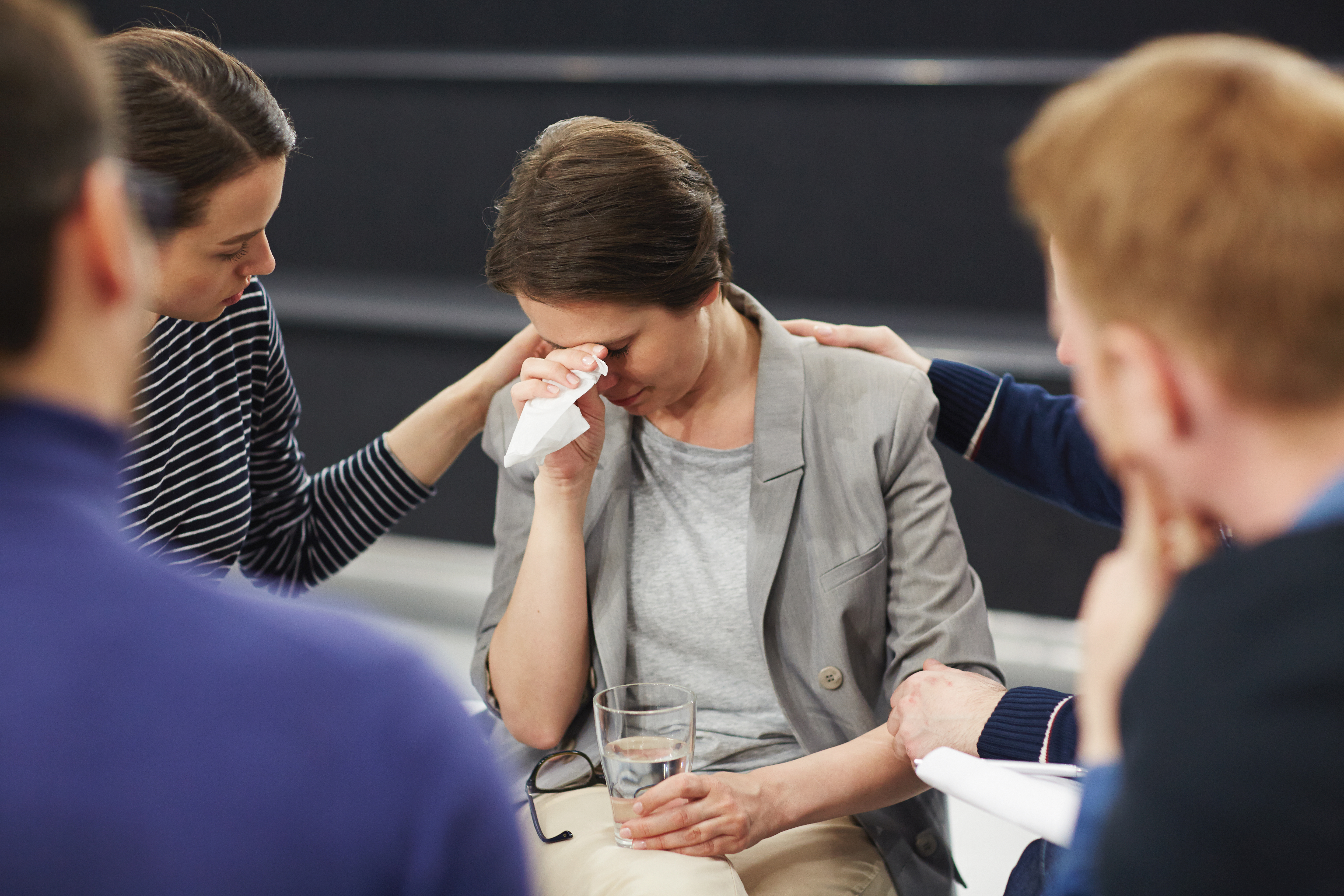After a critical incident or traumatic event, we must continue to our journeys toward personal wellness. Through supportive coworkers, open and prepared leadership, accommodating policies, practical coping strategies and action focused counseling via the EAP, personal and organizational health can be fully restored.
As a university community, we have a responsibility to help each other when either we or others are suffering a loss. Knowing how to help ourselves, as well as our colleagues, cope with loss is essential to creating a caring and inclusive university environment. Here are some tips for supporting colleagues through grief and loss.
CALL FOR ASSISTANCE
following a traumatic event
402.472.3107
Common Signs of Stress and Stress Reactions
Please keep in mind the common signs and symptoms that may affect our students, our colleagues, our employees, our leaders and ourselves. Typically, individuals will experience a variety of the following normal reactions to what is perceived as a critical incident.
Physical
- Headaches
- Nausea
- Vomiting
- Fatigue
- Dizziness
- Chills
- Chest pain
- Constipation
- Diarrhea and other GI symptoms
- Fainting
- Rapid heart rate
- Rashes/Hives
- Sleep difficulties
- Visual difficulties
- Profuse sweating
- Breathing Difficulties
- Weakness
- Thirst
- Exacerbation of pre-existing medical conditions
- Tremors (lips and hands)
Any of these symptoms may indicate the need for medical evaluation. When in doubt, contact a physician.
Emotional
- Guilt
- Fear
- Anxiety
- Apathy
- Agitation
- Denial
- Wanting to hide
- Panic
- Depression- thinking and judgement errors, missing things, feeling scattered, memory and concentration issues, and/or sadness
- Tearfulness
- Over sensitivity; frustrated more easily
- Inability to focus or focusing on the "micro" level when the "macro" level is needed too
- Irritability
- Feeling vulnerable and/or helpless
- Anger - This may be manifested by: scapegoating, resentment, cynicism, violent fantasies, frustration with lack of information
Behavioral
- Suspiciousness
- Excessive silence
- Inability to rest
- Excessive humor
- Increased alcohol consumption
- Withdrawl; social isolation
- Antisocial acts
- Change in interaction with others
- Change in speech patterns
- OTC drug use and misuse
- Prescription drug use and misuse
Cognitive
- Easily distracted
- Confusion
- Disorientation of person, place or time
- Difficulty with concentration
- Difficulty making decisions
- Difficulty calculating
- Rumination
- Intrusive images
- Flashbacks
- Blaming
- Hypervigilance
- Difficulty with solving problems
- Distressing dreams
